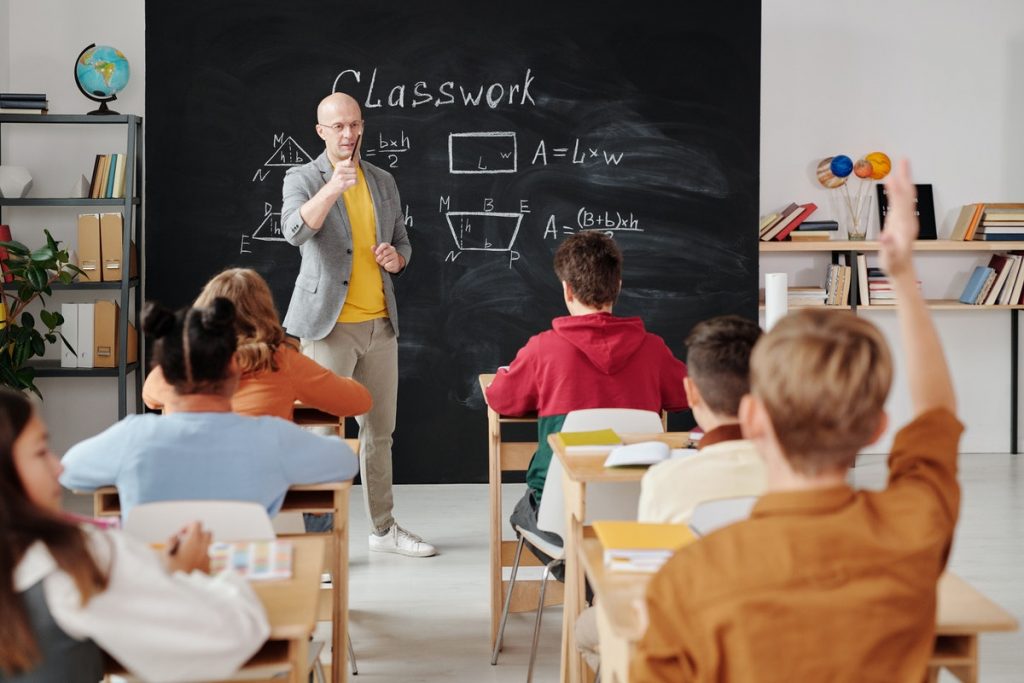Schools are a necessary part of society. They provide students with an education that allows them to grow and learn in a safe and structured environment. A well-rounded education is essential for success in life, and schools play a critical role in it.
In this article, we’ll go over some of the logistics of running your own school. It is important to have a well-rounded knowledge of all that goes into school operations in order to make this venture successful.
Location
One of the most important factors to consider when starting a school is its location. The ideal spot will be accessible for students and parents and offer ample room for the school to grow. It’s also important to consider the surrounding area – is it a safe and welcoming community? Will the school be in close proximity to other businesses and services that families might need?
A great location can be the difference between a successful and unsuccessful school. When considering potential locations, take the time to do your research and make sure you find the perfect spot for your school.
Staffing
When it comes to staffing your school, it’s important to choose wisely. The staff you hire will be responsible for teaching your students and creating a positive learning environment. They will also play a key role in the overall success of your school.
Here are a few things to keep in mind when choosing staff for your school:
- Look for educators who share your values and have similar teaching philosophies.
- Make sure the staff is qualified and experienced in teaching your specific subject matter.
- Screen candidates thoroughly and take the time to get to know them as individuals.
- Choose a diverse team of educators who can provide students with a variety of perspectives.
The staff you hire will shape the future of your school. Make sure you find the right people by doing your research and choosing staff members carefully.
Curriculum
There are many different types of schools, and the curriculum you choose will depend on your location and target audience. For example, a science school will have a different curriculum than a public school, and a Montessori type preschool will have a different curriculum than a traditional preschool. Likewise, a school for gifted students will have a different curriculum than a school for students with disabilities. It is important to choose a curriculum that meets the needs of your students, and that is appropriate for your location.
When developing your school’s curriculum, you need to be specific about its goals and what students will learn while attending the program. Once you determine this, it will be much easier to set up learning activities that meet these goals.
Funding and Fees
There are a number of ways a school can get funding and fees. One option is to charge tuition. This can be a viable option for schools that are located in areas with a high cost of living. Another option is to seek government funding. There are many different government programs available that provide financial assistance to schools.
A school can also run fundraising to raise money for operations and capital expenses. There are many different ways to raise funds, such as holding a fundraiser event, soliciting donations from individuals or businesses, or starting a crowdfunding campaign.
It’s important to consider all possible sources of funding when developing a budget. Additionally, you should determine the fees students and their families will have to pay for attending your school, as these can vary depending on location, program, or grade level.

Facilities and Resources
When starting your own school, it’s important to have the necessary facilities and resources in place. This includes everything from classrooms and labs to computers and books. Depending on your budget, you may need to rent or purchase these items.
Marketing and Advertising
Marketing your school isn’t some magic trick that will get you more students for free, but it’s a necessary step to ensure success and growth. Even if your content is amazing and you produce comprehensive lessons, nobody will ever know about it unless an effective marketing strategy has been put in place from the start.
Public Relations
Public relations is important for a number of reasons. First, it allows the school to build positive relationships with the community. When the community knows about the school, and what it has to offer, they are more likely to send their children there. Additionally, positive publicity can help attract new families and students to the school.
Liability and Insurance
Running a school comes with a number of risks, and it is important to have liability and insurance in place to protect yourself and your school. Liability insurance will help protect you from lawsuits that may arise due to accidents or injuries that occur on your property. It is also important to have insurance in case of theft or damage to your school’s property.
All in all, starting and running a school can be incredibly rewarding. These tips will help you make the most of your experience and hopefully avoid some common mistakes when developing your curriculum, fundraising, and more.

